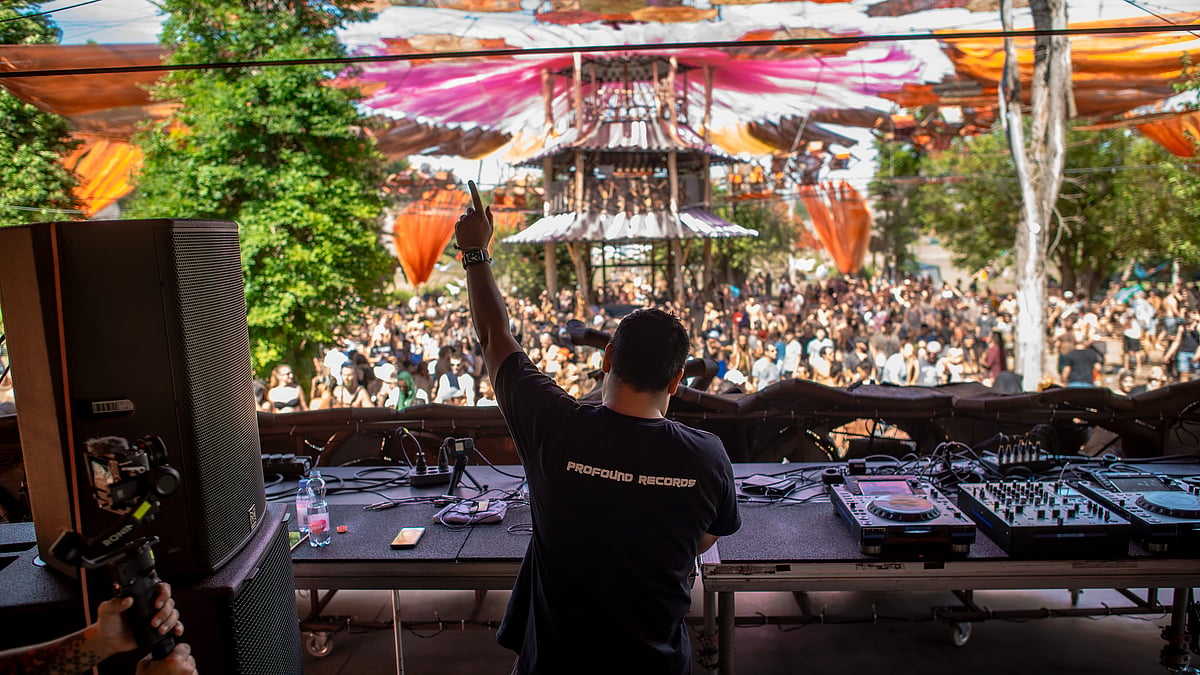Why do we often participate in gossip about people we don’t know much about or personally have no grouse against? And does that make us a bad? Well, gossiping only makes us human. We use gossip as a social adhesive. Discussing people and their private lives, and secrets that we may have access to is a way of bonding with others.
In social psychology, gossiping is not seen as inherently negative. In the research literature, gossip is any information shared about a person in their absence. Research also shows that despite our propensity to gossip, most of the time, a majority of the content shared is benign in nature and not slanderous. The reason this human trait has survived through ages is because it has evolutionary benefits. People who weren't clued into the grapevine were more susceptible to greater damage in times of calamity and emergencies.
In the modern context, gossip can be used positively. For example, as women we all have been passed on information by our women colleagues about a potential predator in the office during a casual conversation. Or a rather informed colleague cautioning the rest of the team about possible sackings or change in company policy is how we watch out for each other.
So, how do we differentiate between positive or negative gossip. The surest way of knowing that you have gossiped your way into a pool of toxicity and negativity, and there is no undoing the damage you might have done, is when the information you have let out leaves a bitter aftertaste and you hurriedly feel compelled to add: “She must never come to know that I shared this information.” When information is shared keeping in mind someone’s interest, and with people one really trusts, there is no need to add that rider in the end.
Another solid litmus test is whether you share information with people you absolutely trust or you tend to overshare information with people you are only loosely connected with. Not knowing who to share gossip with reveals that we may not be using gossip as a way to watch out for “our people” but we feel a compulsive need to discuss others to bond with just about anyone. While sharing prosocial gossip can make you likeable and powerful within the group dynamic, chronic negative gossip mongers are not trusted by group members.
However, it is also true most of the time the urge to talk about people behind their back emanates not so much from our personal agenda against the person but is a product of our discomfort with silence. We are so conditioned to contribute to the chatter and the banter that we make other people scapegoats. We use teeny-weeny bits of details we may have from their lives and juice it to appear important and relevant, tempering the merry-making of the gathering with someone’s embarrassment. And later we regret it.
Of the many ways like food, drinks, smoking, gambling, in which we bond with people, gossip is the most common and the most inexpensive way. And since we are hardwired to crave for connection, it is also imperative that we have an adaptive repertoire of prosocial ways to reach out to people and form lasting relationships without the compulsion of discussing people. We could connect with others over interests, political ideology, love for books, and physical activities. Going for a Zumba class or a swim with your friend is a refreshing way of spending time with them. Why waste all your time with your friend whining about your family and office, unless of course there is absolute abuse and you are seeking direct help to get out of the situation.
At the end of the day what we are looking for is connection and intimacy. In the era of information overload, where sharing of screenshots of private chats, email leaks are a daily occurrence and anonymous Twitter handle giving you salacious bits of inside dirt about people you don't care about, we could at least attempt to sweep the surface clean when it comes to face-to-face interactions. Attending to the emotional and intellectual needs of the person present with us makes the quality of the interaction far more superior than exchanging meaningless information about an absent third-party.
(The writer is a mental health and behavioral sciences columnist, conducts art therapy workshops and provides personality development sessions for young adults. She can be found as @the_millennial_pilgrim on Instagram and Twitter.)













